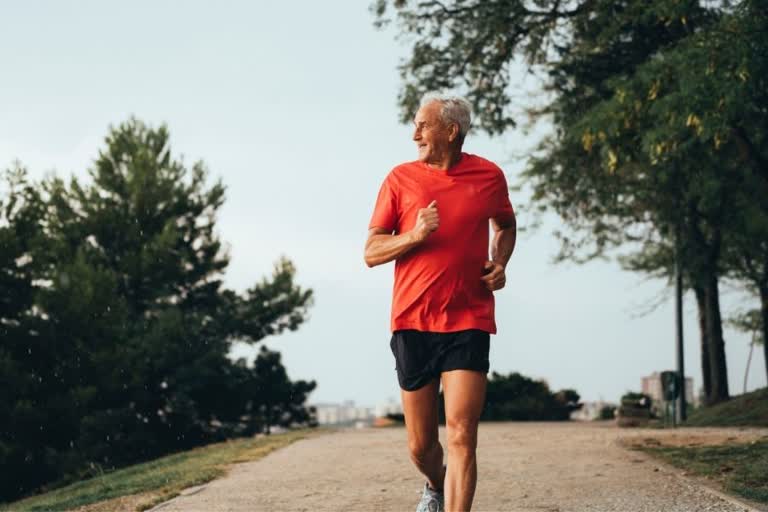The findings of the study by the University of California San Diego School of Medicine, which highlighted how physical activity boosts brain functions in older adults, was published in the journal 'JMIR mHealth and uHealth'. The study added to the canon of research associating physical activity with cognitive performance, this time using 90 middle-aged and older subjects who wore accelerometers while physically active and completed mobile cognitive testing from home. "The future of lifestyle interventions really needs to be remote-based," said Raeanne Moore, PhD, associate professor in the Department of Psychiatry at UC San Diego School of Medicine and principal investigator of the study. "The pandemic has made this especially clear."
On the days their physical activity increased, the study found, the 50 to 74-year-old participants performed more effectively on an executive function task, and on the days when their physical activity decreased, so too did their cognitive performance. "It was a very linear relationship," Moore said. "We hypothesized that we would find this, but we couldn't be sure because we weren't telling people to increase their physical activity. They just did what they do every day."
First author Zvinka Zlatar, PhD, a clinical psychologist at UC San Diego School of Medicine, added: "Future interventions, in which we ask people to increase their physical activity, will help us determine if daily changes in physical activity lead to daily gains in cognition measured remotely or vice versa." The correlation between physical activity and cognition remained when adjustments were made for various co-morbidities, such as HIV status, age, sex, education and race/ethnicity. But it held only for persons who function dependently -- who rely on others to perform the tasks of daily living, such as managing household activities or paying the bills.
